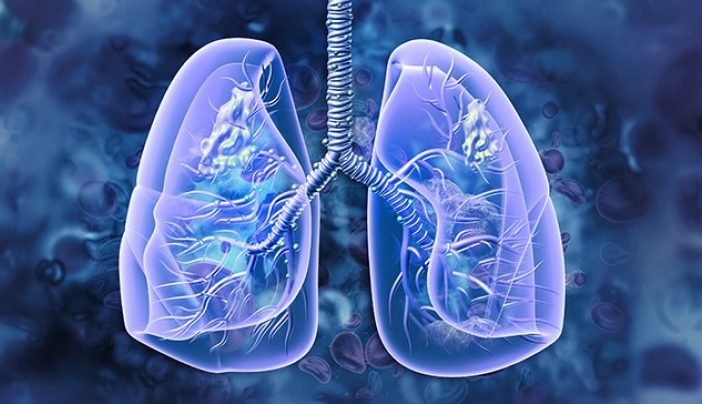
image credit- shutterstock
The Taiwan National Lung Cancer Early Detection Programme has detected 85 percent of lung cancer cases at either a phase 0 or phase 1 level, demonstrating that lung cancer screening can detect cancer at an early enough phase to allow doctors to intervene more effectively.
The results of the programme were recently presented by Pan-Chyr Yang, MD, PhD from the National Taiwan University Hospital, at the International Association for the Study of Lung Cancer 2023 World Conference on Lung Cancer in Singapore.
To combat lung cancer and improve survival rates, Taiwan has taken a groundbreaking step by introducing the "Taiwan National Lung Cancer Early Detection Programme." This programme aims to detect lung cancer early through low-dose computed tomography (LDCT) lung cancer screening, targeting individuals with a family history of lung cancer and those with a history of heavy smoking.
Timely detection is crucial to improving lung cancer outcomes, and LDCT lung cancer screening has been proven effective in reducing mortality rates, particularly among heavy smokers. However, the existing screening criteria in the United States and South Korea limit eligibility to heavy smokers only, leaving a substantial portion of the population at risk.
The Taiwan Lung Cancer Screening for Never-Smoker Trial (TALENT) provided critical insights that family history of lung cancer is a significant risk factor for developing lung cancer in Taiwan.




